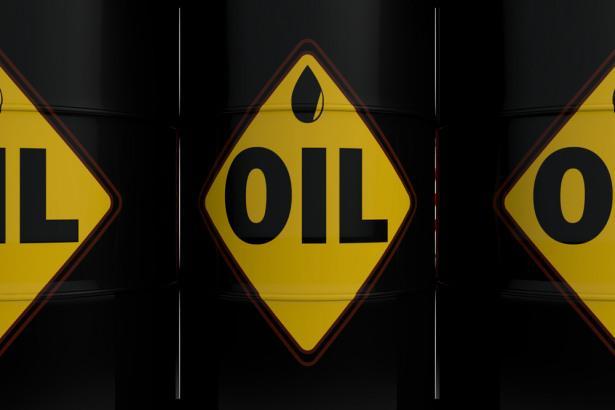
Oil prices were mixed on Thursday, after rallying on an unexpected drop in U.S. crude inventories in the previous session, as investors await the outcome of U.S.-Iran nuclear talks that could add crude supplies quickly to global markets.
Brent crude futures slid 10 cents, or 0.1%, to $91.45 a barrel at 0130 GMT, while U.S. West Texas Intermediate crude was at $89.74 a barrel, up 8 cents.
U.S. crude inventories fell 4.8 million barrels in the week to Feb. 4, dropping to 410.4 million barrels – their lowest for commercial inventories since October 2018, the Energy Information Administration said. Analysts in a Reuters poll had forecast a 369,000-barrel rise.
U.S. product supplied – the best proxy for demand – peaked at 21.9 million barrels per day (bpd) over the past four weeks due to strong economic activity nationwide, EIA data showed.
The surprise crude draw reinforces how tight the oil market remains, OANDA analyst Edward Moya said in a note.
“Crude prices have too many catalysts that support a move to $100 oil in the near future,” he said, pointing to geopolitical tensions across Europe and the Middle East, and improving demand globally as normal travel resumes in large parts of the world.
However, investors are closely watching the outcome of U.S.-Iran nuclear talks which resumed this week. A deal could lift U.S. sanctions on Iranian oil and ease global supply tightness.
The White House publicly pressured Iran on Wednesday to revive the 2015 Iran nuclear agreement quickly, saying that it will be impossible to return to the accord if a deal is not struck within weeks.
“The core uncertainty remains whether Iran is willing to sign on the dotted line,” Eurasia analyst Henry Rome said, adding that the consultancy was holding onto a 40% call on a return to the agreement.
Separately, U.S. President Joe Biden and King Salman of Saudi Arabia discussed energy supplies and developments in the Middle East, including in Iran and Yemen, during a phone call on Wednesday.
Salman also spoke about maintaining balance and stability in the oil markets and emphasised the need to maintain the OPEC+ supply agreement, state news agency SPA said.
In Europe, U.S. Vice President Kamala Harris will be meeting its allies and partners in Munich next week seeking to deter Russian aggression in Ukraine.


